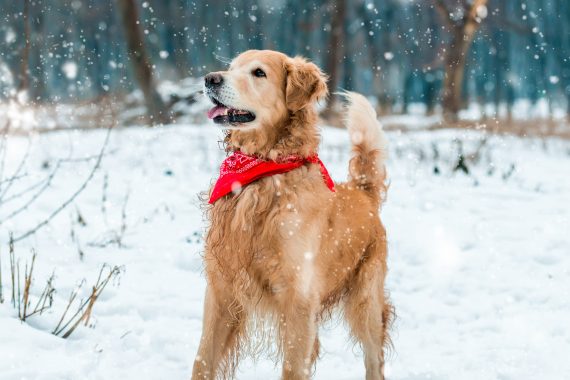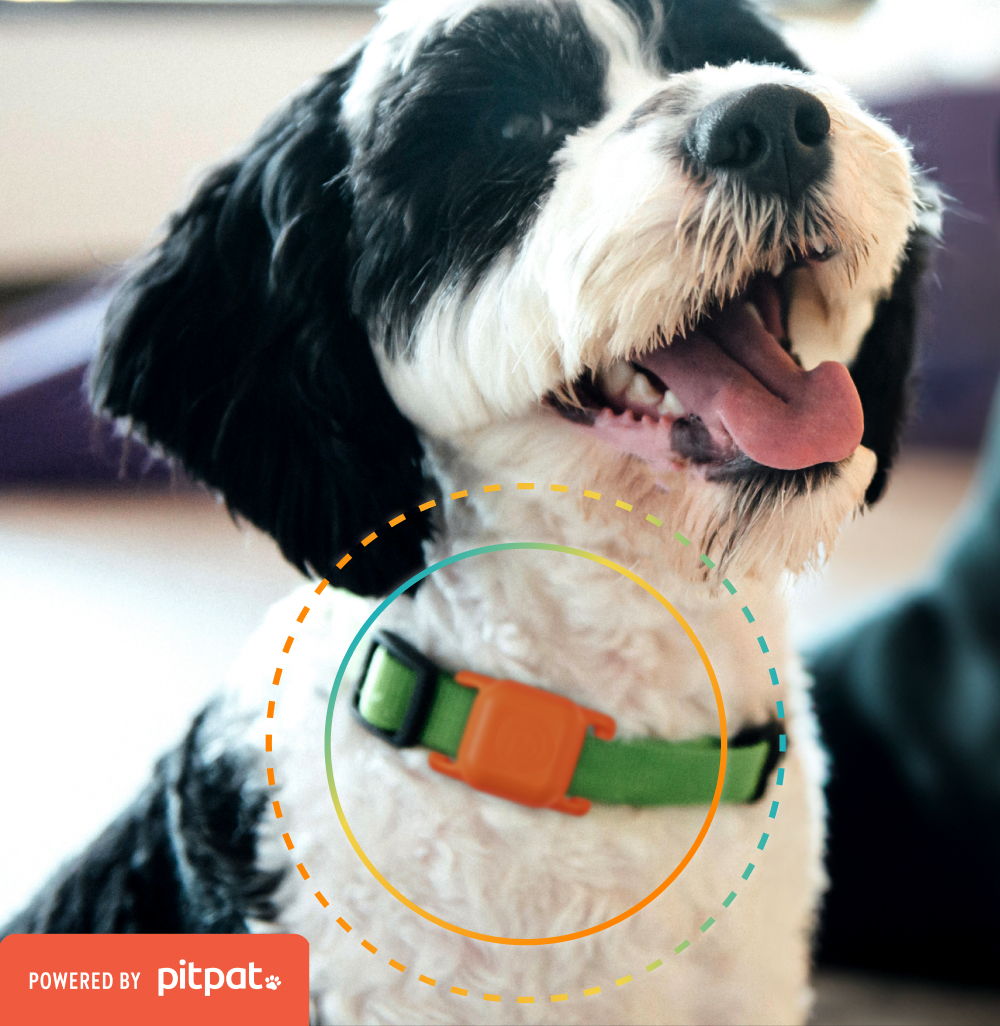WINTER WEATHER SAFETY TIPS FOR YOUR DOG

As temperatures dip and the threat of ice and snow increase, it is important to keep your dog’s safety top of mind. Here are some tips to keep your pup happy and healthy this winter:
Stay Warm
It’s a common belief that dogs are more resistant than humans to cold weather because of their fur, but that isn’t true. A good rule to remember is that if you are cold, then your dog is cold. Just like us, dogs are susceptible to hypothermia and frostbite. Exposed ears, noses, and paws can freeze and suffer permanent damage. Keep dogs inside during cold weather, except for potty breaks, and do not leave them outdoors unsupervised. If you do suspect your dog is frostbitten, move them to a warm place quickly, wrap them in blankets and seek veterinary care immediately.
Stay Dry
Your dog’s body temperature will drop significantly if their fur is wet, so it is crucial to keep it dry. Keep towels handy to dry off your dog after any excursions in the snow.
Check Paws
Check your dog’s paws frequently for signs of cold-weather injury or damage, such as cracked paw pads or bleeding. Icy walkways are slippery and do not offer any traction, while rock salt can be very irritating to your dog’s paws. Check your dog’s paws for debris after every walk, and wipe them down with a warm, wet cloth when they come inside. Also, reduce the chance of ice ball accumulation by clipping the hair between your dog’s toes.
Avoid Winter Chemicals
Antifreeze is one of the biggest dangers for your dog in winter because it has a sweet smell and taste that will attract your dog. It is a toxic liquid that will wreak havoc on their kidneys. Wipe up any spills immediately and store antifreeze and any other toxic fluids (cleaners, oil, etc.), in a safe location and out of their reach. It is better to use antifreeze coolant made with propylene glycol, which is less toxic than traditional ethylene glycol antifreeze.
Stay Safe in Cars
We hear a lot about how leaving your dog in a hot car during the summer can be dangerous, but the same is true when you leave your dog in the car during cold weather. The temperature can drop at an alarming rate, leading to hypothermia. A car can act as a refrigerator in the winter, holding in the cold and causing animals to freeze. Only take car journeys with your pup when necessary, try to warm up the car before you leave, and never leave them in the car unattended.
The best advice during the colder months is to keep your dog inside as much as possible. Consider taking them to an indoor doggie daycare like Dogtopia, where a caring, professionally trained team will go the extra mile to ensure that your dog will stay safe and have fun, even during extreme weather conditions.












